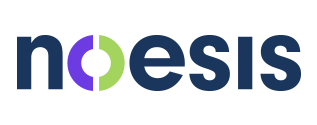When you think of status, you may imagine luxury goods, a powerful title or your economic standing.
But in everyday life, at work, with friends, even at home, our sense of personal status is something innately wired into our brain’s core circuitry. And it influences our behavior and performance in ways we may never have considered
Status is our perception of self-worth and relative importance to others. It’s about our need to feel valued and respected. Neuroscientists tell us our need for status is a huge driver of our daily behavior. We are always trying to maintain or increase our status through our daily interactions and activities. It’s a core social need that everyone’s brain has.
When you experience going up in status – receiving a compliment, learning a new skill, or getting lots of likes on Facebook – it feels good; activating our brain’s reward and pleasure circuitry.
However, experiencing loss of status – being criticized, receiving negative feedback or simply being ignored – has the opposite effect, activating our brain’s pain circuitry, just like a punch in the stomach. It’s no surprise then that experiencing a loss of status at work gets in the way of high productivity and focus.
Thousands of years ago, when you had to fight to stay alive, losing status in your social group could have resulted in less food for your family, or going without shelter, the very essentials to your survival. Fast forward to today and your brain is still wired to pay close attention to situations, people and places that could negatively impact your status, sending you rapid threat signals to disengage.
At work, getting demoted, ignored or a bad performance review is an enormous hit to our status, often negatively affecting our work for weeks if not months. A workforce experiencing regular hits to their status will be less innovative, less open to change and more reactive and disengaged.
Smart leaders recognize just how important status is to our well-being and performance and spend time creating a psychologically safe workplace. It’s an easy thing to do: giving someone a compliment, acknowledging their work, even just remembering their names and interests. These small gestures go a long way to maximizing performance each day and setting an organization up for business success.
Noesis delivers neuroleadership consulting and training to organizations handling everyday change and major transformation initiatives. We help our Fortune 500 clients scientifically improve leadership.


Recent Comments